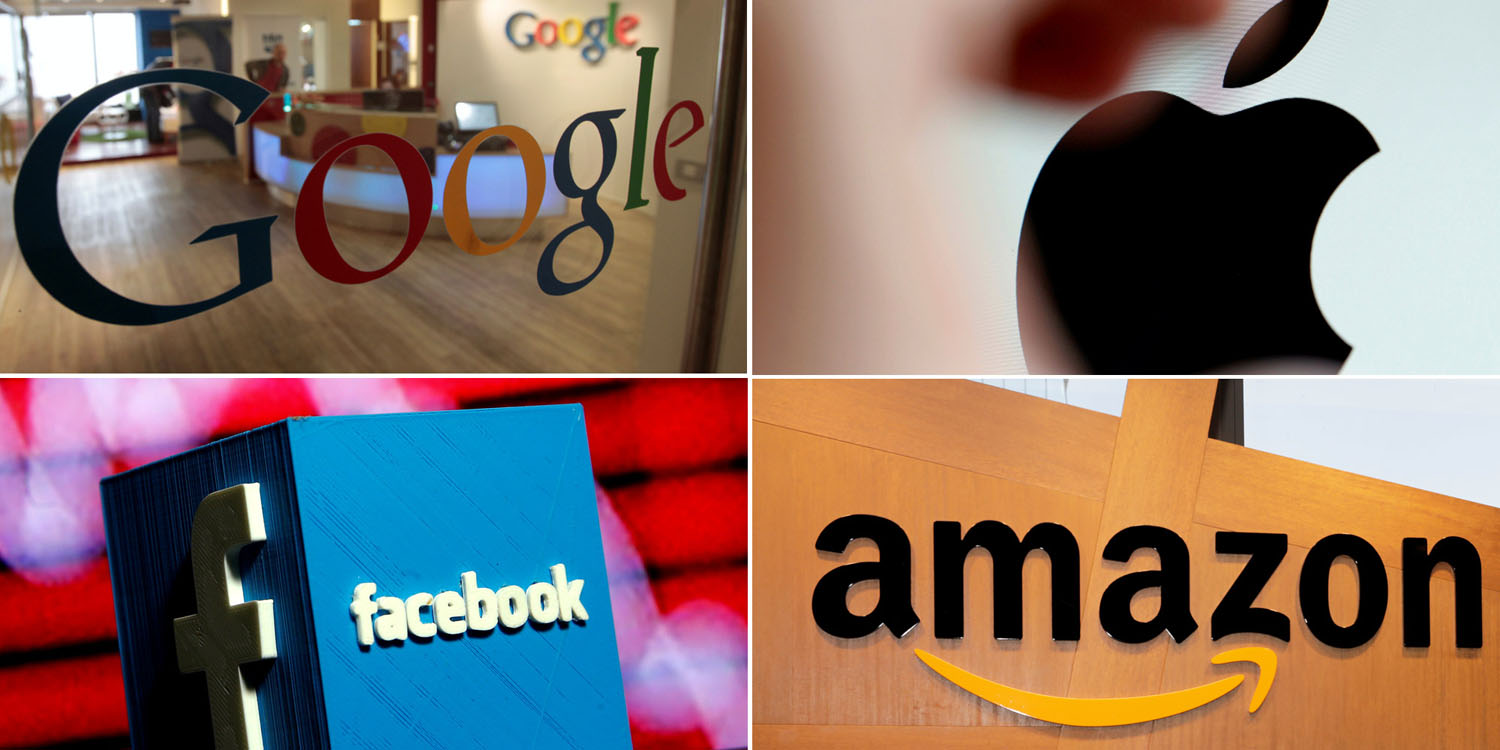Conflict Theory vs. Mistake Theory, by Scott Alexander.
The entire Slate Star Codex post is long but worthwhile. However, I'll use David Brooks to sum it up:
"Mistake theorists believe that the world is complicated and most of our troubles are caused by error and incompetence, not by malice or evil intent...Basically, we’re all physicians standing over a patient with a very complex condition and we’re trying to collectively figure out what to do.
In the conflict theorist worldview, most public problems are caused not by errors or complexity, but by malice and oppression. The powerful few keep everyone else down. The solutions to injustice and suffering are simple and obvious: Defeat the powerful."
Complicating the Narrative by Amanda Ripley
A fantastic, long read that builds a roadmap for the future of journalism.
"Journalism has yet to undergo this awakening. We like to think of ourselves as objective seekers of truth. Which is why most of us have simply doubled down in recent years, continuing to do more of the same kind of journalism, despite mounting evidence that we are not having the impact we once had.... If we want to learn the truth, we have to find new ways to listen.
The lesson for journalists (or anyone) working amidst intractable conflict: complicate the narrative. First, complexity leads to a fuller, more accurate story. Secondly, it boosts the odds that your work will matter — particularly if it is about a polarizing issue. When people encounter complexity, they become more curious and less closed off to new information. They listen, in other words."The Anthropology of Manhood by Sebastian Junger, National Review. I've written about this before and it still holds up well.
The Bulverizing of the American Mind, by Aaron Sibarium, The American Interest. I've mentioned this before as well and come back to it for two reasons. This quote: "Give people too much freedom, and soon they’ll come crawling back to their chains," which reminds me of the paradox of choice in moral terms. And that it introduced me to the term bulverizing, which exposes ad hominem, identity politics arguments for the logical fallacy they are (or am I only saying that because I'm a straight, white, cisgendered man?).
Do the Rich Capture All the Gains from Economic Growth, by Russ Roberts.
Speaking of complicating the narrative, this Medium post by Russ Roberts made me think that maybe income inequality isn't as bad as we think. Make sure you watch the videos too.
A Better Way to Look at Most Every Political Issue by Conor Friedersdorf, The Atlantic. Talk about nuance. His focus on "limits and equilibrium" reminds me of my post about viewing topics as trying to minimize false positives or false negatives.
"Most political stances can be understood in terms of an equilibrium. For instance, some people might believe that access to abortion in a conservative state is too restricted under the status quo, and favor relaxing the rules regulating abortion clinics. That is, they might favor shifting the equilibrium in a “pro-choice” direction.
But ask those same voters, "Should there be any limits on legal abortion?" and they might declare that the procedure should be banned in the last trimester of pregnancy unless the mother's health is threatened. Insofar as the abortion debate is framed around the equilibrium, they will align with the pro-choice movement; but insofar as it is framed around limits, they will align with the pro-life movement."













